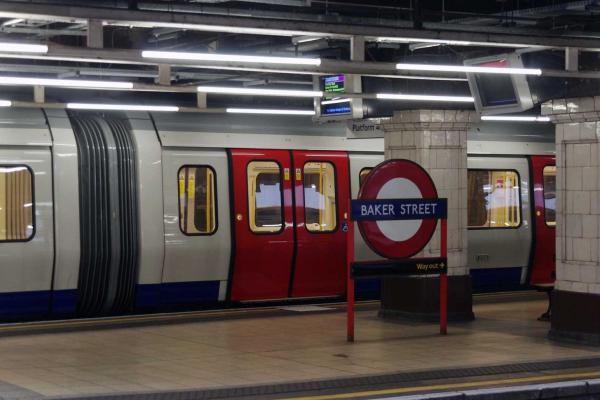Empty-nest syndrome had nothing on us. Months before our youngest daughter graduated a semester early from high school, my husband (a retired U.S. Army veteran) and I, made plans to fly the coop. And, my daughter decided to join us.
Although my husband had lived one-third of his 50-plus years in Europe, I had only first travelled to Europe in my 40s. So when my husband secured a contract job at the Vilseck Army Base in Germany, my daughter and I decided to join him and devote ourselves to learning the German language and culture.
It was my first opportunity to use my nearly learned German phrases, but my inquiries were answered by Germans speaking perfect English.
Although I was familiar with the German culture through my parents, who were the children of immigrants, I grew up in a fairly Italian neighbourhood. As my Italian grandmother lived with my family until I was 16, I felt more connected with my Italian rather than German heritage. (The stark differences between the two cultures, however, did not escape me. For example, from my German relatives, I learned to "work hard and often" and that "rules are rules." From my Italian relatives I learned that "work should be fun and done out of loyalty" and that "rules are merely guidelines.")
In preparation for my move to Germany, I purchased a few German CDs and memorized seven phrases:
• Bitte (please)
• Vielen dank. (Thank you very much.)
• Enschuldigung. (Excuse me.)
• Tut mir leid. (I am sorry.)
• Ich hätte gern Bitte, einen Kaffee mit milch. ( I would like please, a coffee with milk.)
• Wo ist die toilette? (Where is the toilet?)
• Wo ist die bahnhof? (Where is the train station)
Packing up a five-bedroom house and placing our precious items in storage was a huge undertaking. Since my husband started his job in Germany, his task was to find an apartment there, while me, my children and their friends were left with shipping or storing the past 10 years of our lives.
So, when my youngest daughter and I arrived at the airport, having just dropped off the last of our boxes, we were ready for a long, restful plane ride. But the anticipation and in-flight media entertainment was too appealing to snooze through. Plus, my daughter—just 17—realized that she was of legal age to drink the free wine and beer offered on the international flight.
Arriving at the Frankfurt International Airport was my first opportunity to use my nearly learned German phrases, but my inquiries were answered by Germans speaking perfect English. The airport, however, offered other foreign stimuli; the aroma of fresh-baked rolls mixed with the smell of roasting wurst wafting through the air.
From the Frankfurt airport we took trains to our new home, enjoying the view of the green, rolling terrain adorned with colourful houses and their steep, sometimes thatched rooftops. Two train rides and many "enschuldigung" and "tut mir leid"'s later (as my luggage rolled over shoes and sometimes pushed against heels of very patient and polite German passengers), we arrived at our new home in Sulzbach-Rosenberg, Germany.
Nestled in the Bavarian countryside, the quaint town of about 25,000, boasts an eighth-century castle, centuries’ old churches, a synagogue and several museums. Our apartment here is in the centre of Old Town and has spectacular views of the 700-year-old St. Mary Catholic Church, and the 500-year-old City Hall, referred to as Rathaus. Plus, we are no more than 100 yards away from five beer gardens.
Most important, though, it’s a 10-minute walk to the Volkshochschule, where I attend my daily German-immersion class. And so my life studying a new language in Germany as a retiree began.
Add this article to your reading list




